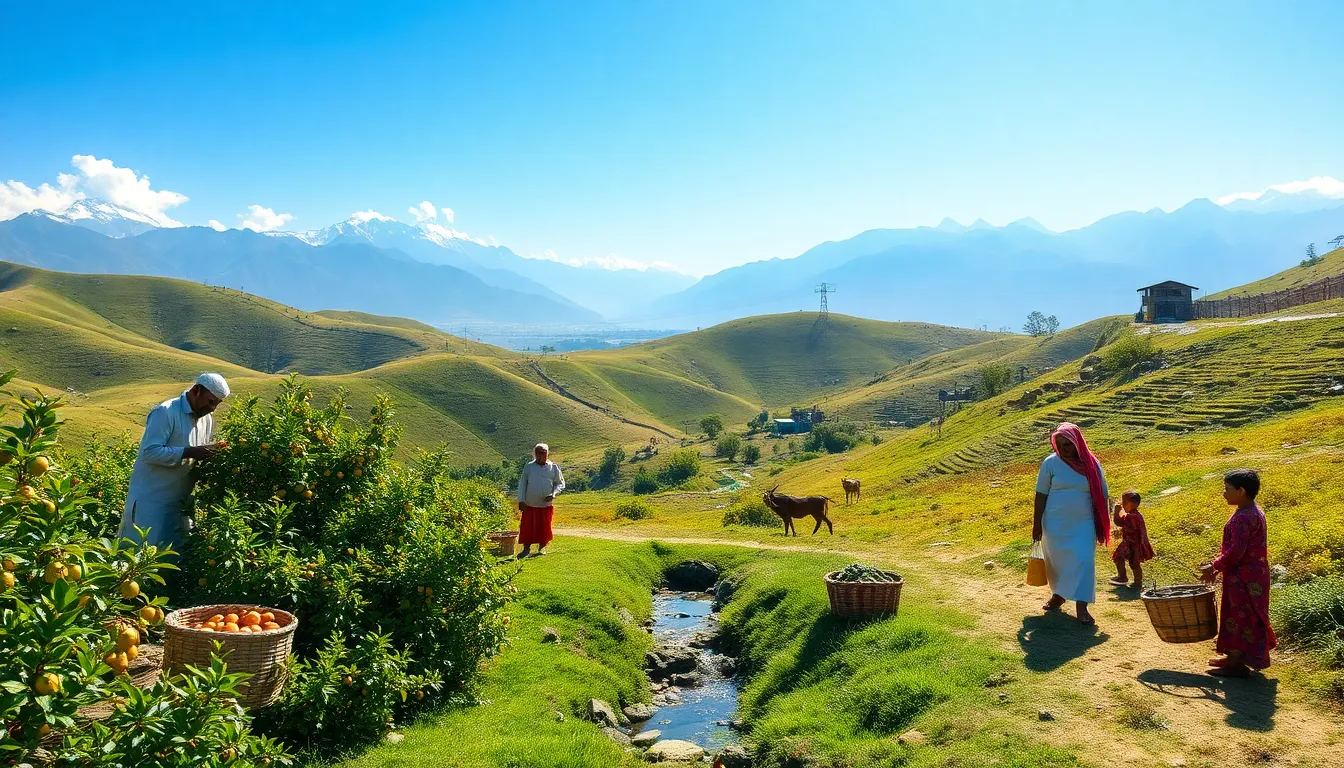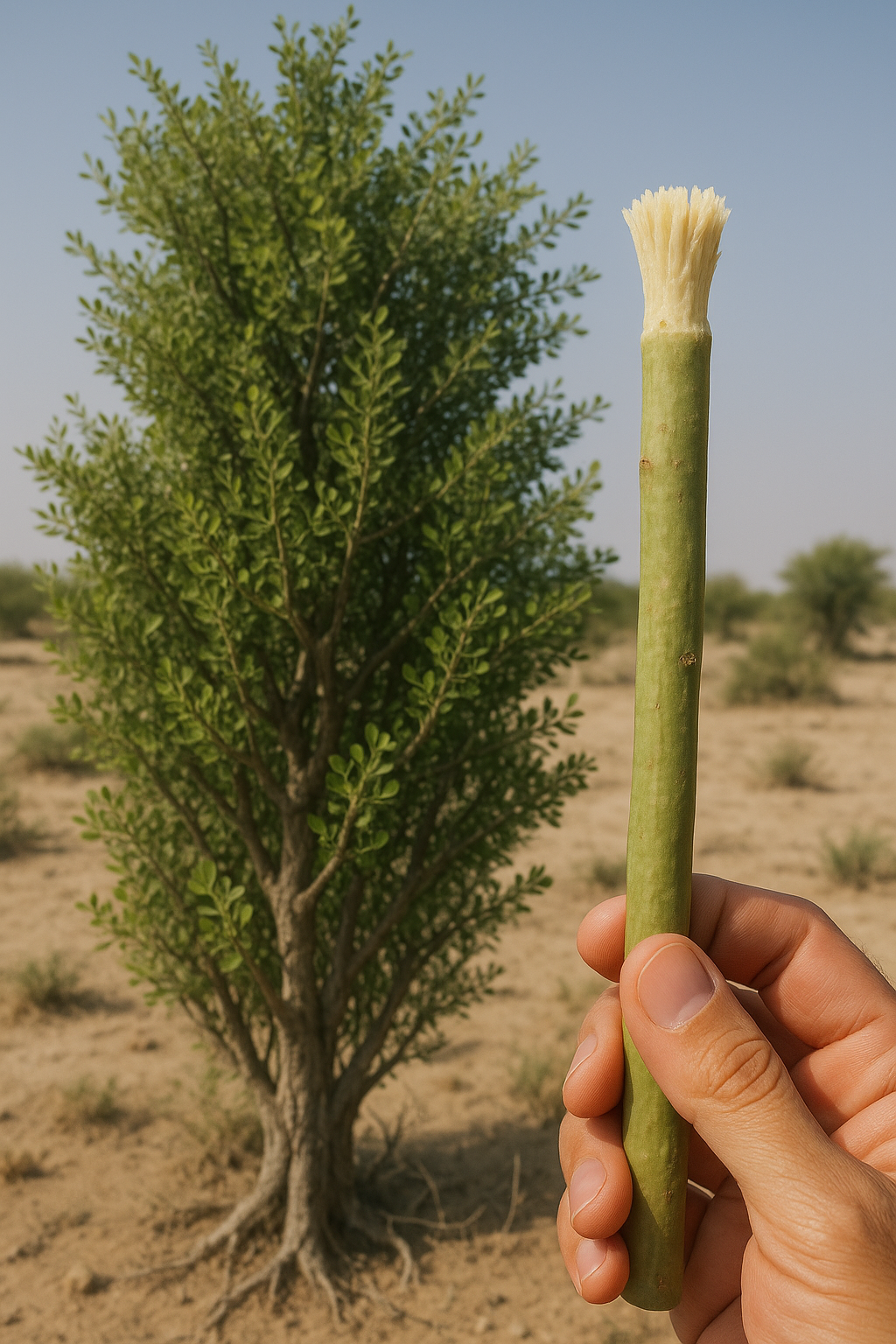Kaphal, also known as Bayberry or Myrica nagi, is a small wild fruit found in the Indian Himalayas. This nutrient-rich fruit is not just delicious but also has a rich cultural and medicinal heritage. Many people in the region cherish Kaphal for its unique taste and health benefits. However, it remains largely untapped in commercial agriculture. With the growing focus on climate-resilient crops, Kaphal presents a great opportunity for sustainable farming in the hilly regions. Kaphal grows well in the cool mountainous climate, making it an ideal crop for farmers facing challenges due to climate change. Its resilience to weather changes can help farmers maintain their livelihoods even in difficult times. Furthermore, Kaphal is packed with vitamins and antioxidants, making it a nutritious addition to diets. It can be consumed fresh, dried, or used in various dishes and traditional medicines. Despite its potential, Kaphal is often overlooked. Farmers tend to stick to traditional crops, which can be risky due to climate impacts. Growing interest in local and sustainable food sources is slowly changing this trend. By promoting Kaphal, farmers can diversify their crops and reduce dependency on traditional grains. This can also help improve soil quality and prevent erosion, which is crucial in hilly areas. Local governments and NGOs are beginning to recognise the importance of Kaphal and are working to promote it. They are providing training and resources to farmers to help them cultivate this fruit effectively. Workshops on sustainable farming practices are being conducted to educate farmers about the benefits of Kaphal. These initiatives not only aim to boost local economies but also to encourage conservation of local biodiversity. As more farmers embrace Kaphal, it could lead to a revival of traditional farming practices while ensuring food security. The potential market for Kaphal is vast. With the rise of health-conscious consumers, there is a growing demand for organic and locally sourced products. By tapping into this market, farmers can significantly increase their income. Additionally, Kaphal can be marketed as a superfruit, appealing to a wider audience beyond local consumers. The journey of Kaphal from a wild fruit to a commercial crop is not just about profits. It is also about preserving cultural heritage and promoting sustainable practices. By revitalising interest in Kaphal, communities can strengthen their ties to the land and their traditions. In conclusion, Kaphal stands out as a climate-resilient superfruit with immense potential. It offers a path towards sustainable agriculture, improved nutrition, and economic stability in the Himalayan region. With continued support and awareness, Kaphal can become a symbol of resilience and prosperity for farmers in the face of changing climatic conditions.
Kaphal: A Climate-Resilient Himalayan Superfruit for Profit, Nutrition, and Sustainable Hill Farming
 Kaphal: A Climate-Resilient Himalayan Superfruit for Profit, Nutrition, and Sustainable Hill Farming
Kaphal: A Climate-Resilient Himalayan Superfruit for Profit, Nutrition, and Sustainable Hill Farming

